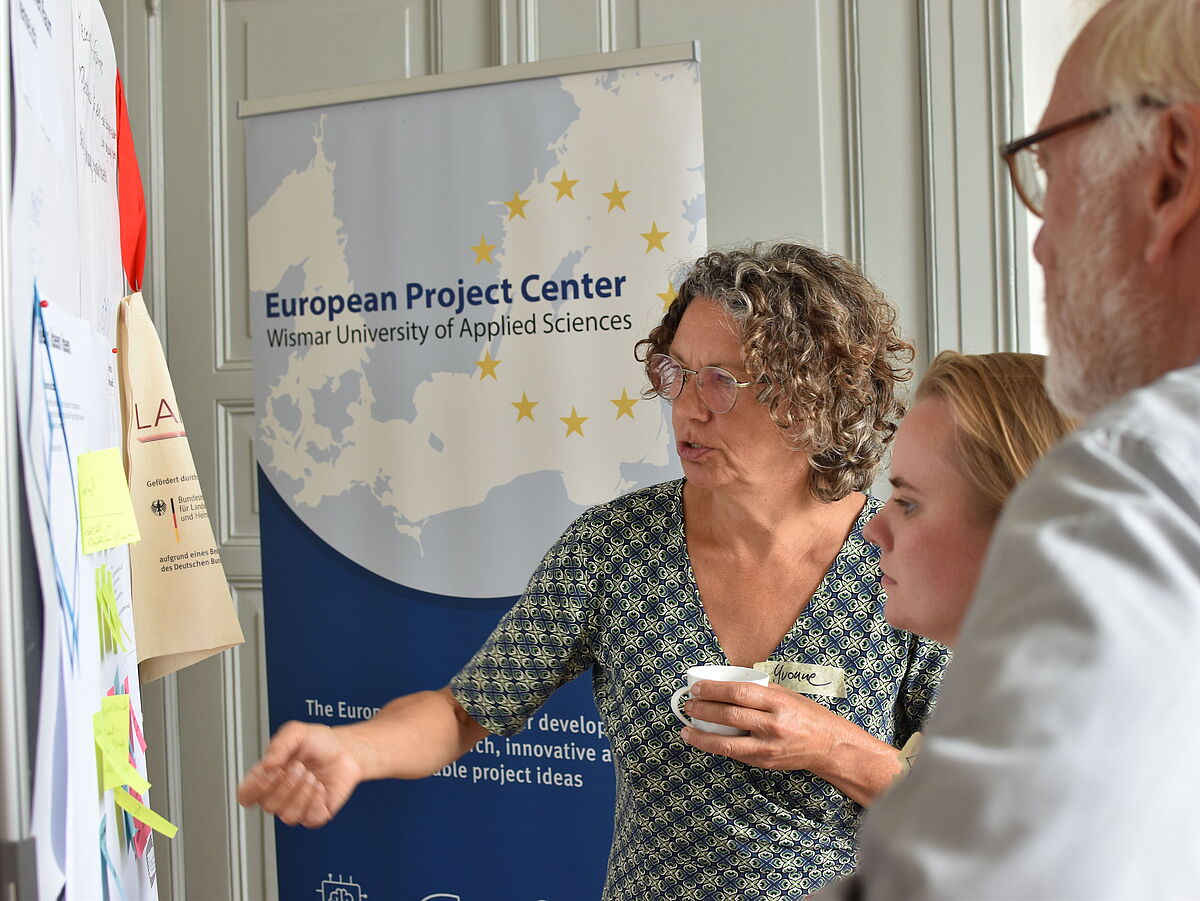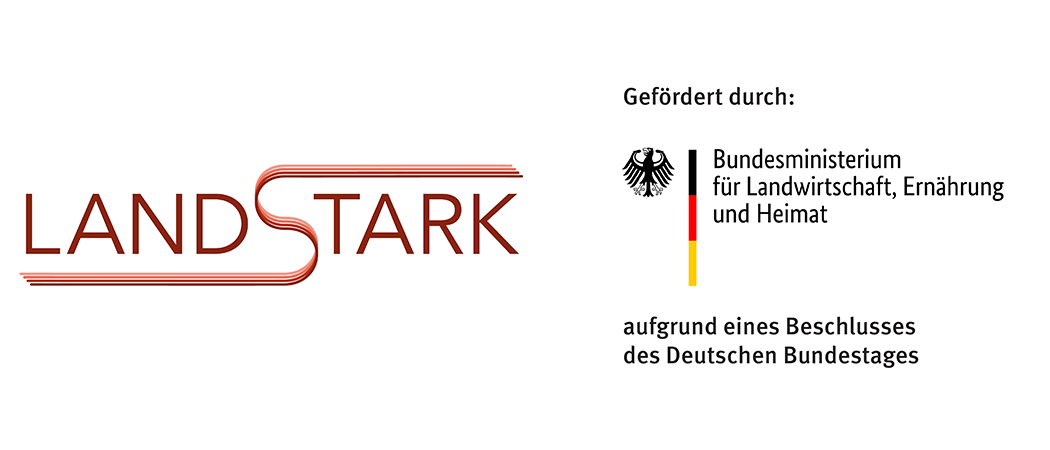The project "LandStarK" sees itself as the establishment of a methodical and practical lighthouse for the facilitation and revitalisation of cultural and creative activities as well as participation in rural areas (regions) in Germany as part of the systemic change and the increasing departure towards sustainable transformation. Building on scientific and transfer excellence, this lighthouse will open up new ways of thinking and acting in socio-economic ecosystems in eight participating rural areas in four federal states:
- Northwest Mecklenburg and Ludwigslust-Parchim in Mecklenburg-Western Pomerania,
- Prignitz in Brandenburg,
- Lüchow-Dannenberg and Lüneburg in Lower Saxony, and
- Salzwedel, Börde, and Stendal in Saxony-Anhalt.
The integration of eight rural regions under one roof in the four-country corner builds on both existing and new cooperations and promises better coherence. All participating regions are connected via common borders, which favours the formation of a common cluster and reduces subsequent dispersion losses.
The research focuses on an interdisciplinary and interregional cooperation of the eight rural areas, which have a common denominator due to their circumstances, such as low settlement density and number of inhabitants, a high proportion of agricultural and forestry land, loose residential development and peripheral location to large centres such as Berlin and Hamburg.
The focus of the project is to capture patterns of cooperation, interactions and mechanisms of action of the CCIs using the example of rethinking and transformation processes in two given economic ecosystems - organic farming and tourism. Ecosystems can be considered as markets that include operational, ecological, economic, technological and legal dimensions. Among these are the submarkets of the food industry, gastronomy and mobility. These were selected because there have been hardly any studies on the topic of intersectoral cooperation between the CCIs and these sectors in the context of the system change that has begun. Furthermore, tourism is an important economic backbone in all participating regions to increase the added value of a structurally weak region.


